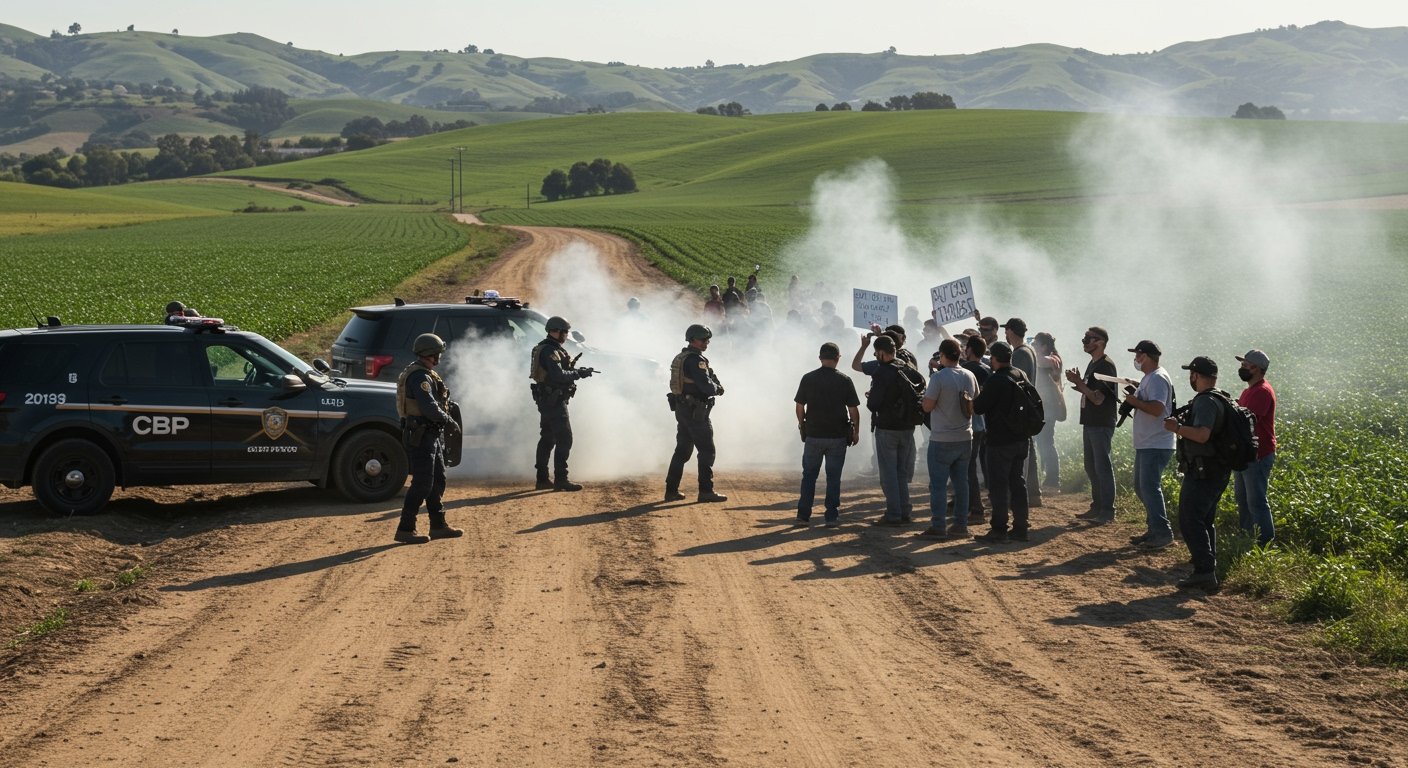BOULDER, Colorado – A 45-year-old Egyptian national has been charged with a federal hate crime and multiple counts of attempted murder in connection with a violent attack on participants in an Israeli hostage march here on Sunday, June 1, 2025.
The suspect, identified as Mohamed Soliman, also reported as Muhammad Solomon, stands accused of employing a makeshift flamethrower and Molotov cocktails during the incident, which unfolded at the city’s bustling Pearl Street Mall. Authorities confirmed Tuesday that the Federal Bureau of Investigation (FBI) is now investigating the assault as an act of terrorism.
Attack Details Emerge
The attack, which caused injuries to multiple individuals, occurred as the march was underway. While initial reports varied on the exact number of people injured, some accounts cited 8, while others reported up to 12. Officials confirmed that two individuals remain hospitalized as a result of their injuries sustained during the assault.
The use of incendiary devices, including a makeshift flamethrower and Molotov cocktails, escalated the nature of the confrontation, turning a public demonstration into a scene of chaos and injury. The incident drew immediate and widespread condemnation.
Suspect’s Alleged Motivation and Confession
According to court documents and statements from law enforcement officials, Mohamed Soliman’s alleged motives behind the attack appear to be deeply rooted in hatred. Authorities cited his confession, in which he reportedly admitted to planning the assault for a year with the explicit intention of killing all “Zionist people.”
Further details from the confession, as presented by officials, indicated that Soliman expressed no regret for his actions and even conveyed a desire to repeat the attack. These alleged statements underpin the federal hate crime charge filed against him, highlighting the targeting of individuals based on their identity or perceived affiliation.
A Department of Homeland Security official confirmed that Soliman was living in the United States illegally at the time of the attack. He had reportedly overstayed a B2 tourist visa that was issued in 2022, raising questions about immigration enforcement and monitoring.
Official Response and Investigation
Top law enforcement officials, including Colorado’s Attorney General and FBI leaders, were swift to address the incident publicly. They stated that Soliman’s intent was “clear,” describing the event not as a random act of violence but as a “targeted act of violence.”
The FBI’s decision to investigate the attack as an act of terrorism underscores the severity of the incident and the potential implications for national security. A terrorism investigation allows federal agencies to deploy additional resources and expertise to determine if the attack was part of a broader conspiracy or related to any organized extremist ideologies.
This investigation will likely delve into Soliman’s background, contacts, and online activity to ascertain the full scope of his planning and whether he had any accomplices or received external support.
Legal Implications and Charges
In addition to the federal hate crime charge, Mohamed Soliman faces 16 counts of attempted murder in connection with the attack. These charges reflect the number of individuals authorities believe he attempted to kill or seriously injure during the incident.
A federal hate crime conviction carries significant penalties, often resulting in lengthy prison sentences. The combination of hate crime and attempted murder charges indicates the serious legal consequences Soliman now faces.
Proceedings in the case are expected to move forward in federal court, given the nature of the charges and the FBI’s involvement in the terrorism investigation.
Political Reactions
The attack drew reactions from national political figures. House Speaker Mike Johnson issued a statement condemning the violence, reflecting widespread shock and outrage over the incident.
Reports also indicated that President Trump was briefed on the attack, highlighting the national significance attributed to the event by the executive branch.
The Boulder attack serves as a stark reminder of the potential for politically or ideologically motivated violence targeting specific communities, prompting renewed focus on security measures and the detection of extremist threats.












